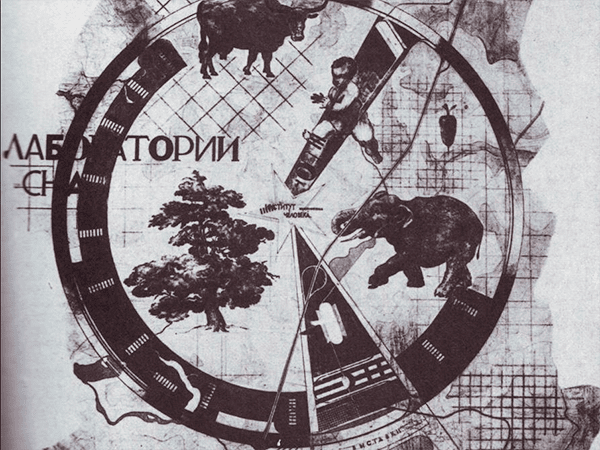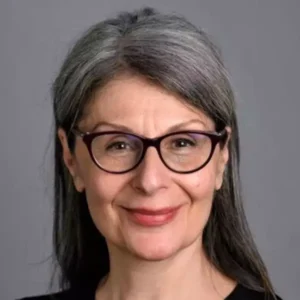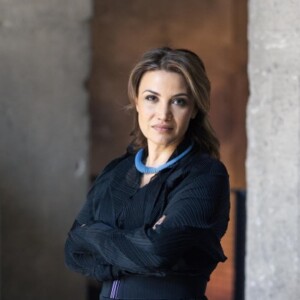
Planetary Visions in Early Soviet Science and Fiction
Registration REQUIRED by 4pm on April 1, 2025 to attend this event.
Please join the Harriman Institute for a lecture by Maria Chehonadskih. Moderated by Adam Leeds.
The legacies of October Revolution have predominantly been associated with the massive proletarianisation, industrialisation and collectivisation that occurred under Stalin, while the image of post-revolutionary society based on already existing peasant communes and pre-modern forms of life have been marginalised by the official Soviet historiography. Chehonadskih’s paper explores the discovery of the planet in the early Soviet science and fiction, where the planetary vision refers to a sense of connectivity between diverse communities, forms of life and environmental structures. This vision confronted aggressive industrialism without rejecting the project of socialist modernisation. To explore the early Soviet planetary visions, Chehonadskih will mainly focus on Alexander Bogdanov’s corpus of texts on environmental systems (1908-1920) and Andrei Platonov’s essays and fiction on the previously unexamined project of “Repairing the Earth” (1920). She will discuss the extent to which such a vision is arguably close to our own current debates on climate emergency and planetary crisis by considering Platonov’s understanding of the earth as an agent and a chain connection in the production and reproduction of social life.
Maria Chehonadskih is a Lecturer (Assistant Professor) in Russian at Queen Mary University of London, UK. She was a Max Hayward Visiting Fellow at St Antony’s College, University of Oxford (2019-2021). Chehonadskih received her PhD in Philosophy from the Centre for Research in Modern European Philosophy, Kingston University in 2017. Her research and work concentrate on the epistemologies of (post-)socialism and on the dialogue of arts and sciences in the Soviet Union. She is an author of “Alexander Bogdanov and the Politics of Knowledge After the October Revolution” (Palgrave Macmillan, 2023).




